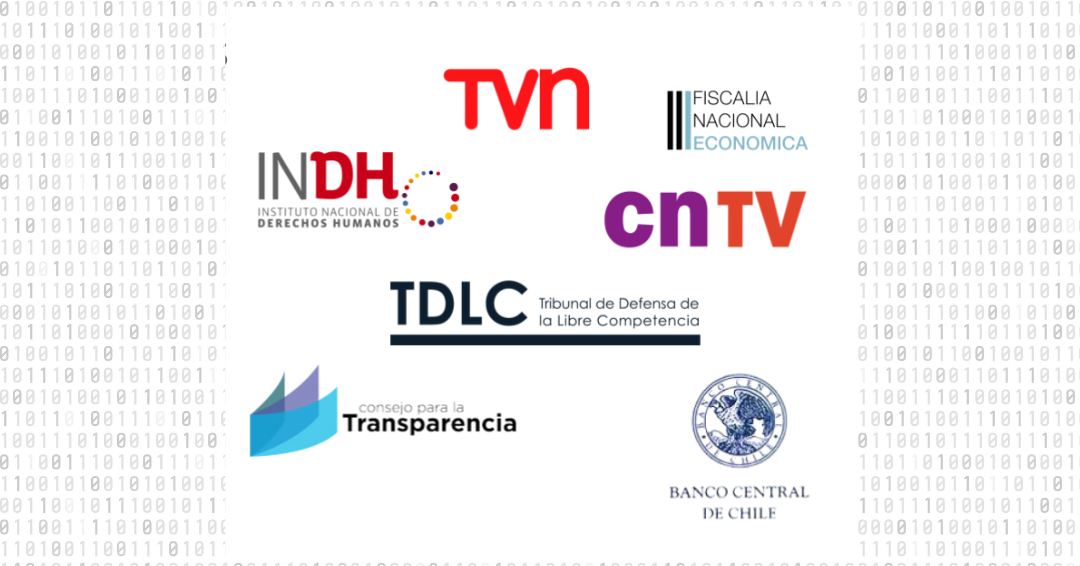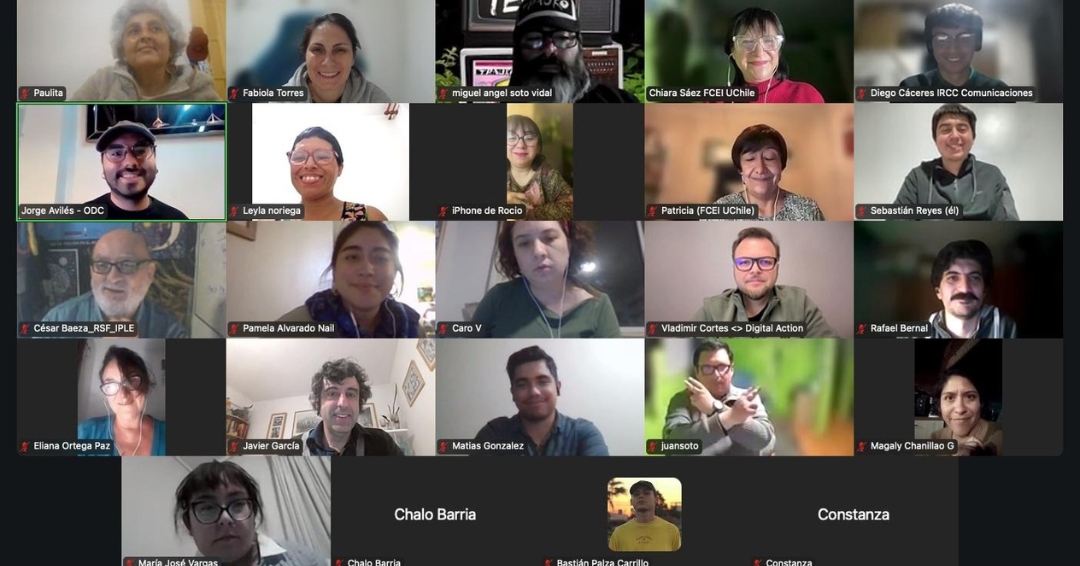In the context of Fondecyt project N°1230748 regarding critical factors for establishing a Convergent Regulatory Institutionalism of Communications (IRCC) in Chile, preliminary findings show that the President of the Republic and the Senate predominantly influence the appointment and designation of various directors at autonomous agencies in the country.
Within the institutional design of democratic states, there is high consensus regarding the benefits of having autonomous bodies that oversee the performance of government or private entities, as well as regulate specific industries and certain economic sectors. Both in Latin America and Europe, we find various institutions that fulfill these functions and have different ways of operating and being constituted.
For example, in the audiovisual and telecommunications sector, there is the Communications Regulation Commission (CRC) in Colombia and the Office of Communications (Ofcom) in England. Notwithstanding their differences or regulatory efficacy, they have the common mission of regulating the sectors of radio, television, and fixed and mobile telecommunications to promote competition, protect the quality of services and safeguard the interests of citizens in these matters.
An aspect that determines the effectiveness of the proceedings or guidelines of these agencies is the level of independence with which they can operate regarding the sectors they must regulate, but also regarding the administrations in power. In this sense, understanding the extent to which the state entities or powers that influence the appointment and designation of their boards promote this independence is key.
For the interdisciplinary team of Regular Fondecyt project N°1230748 about “Critical Factors for a New Convergent Regulatory Institutionalism of Communications (IRCC) in Chile from the Perspective of Comparative Media Systems”, led by the academic at the Faculty of Communications of Universidad de Chile Chiara Sáez, esta ha sido una de las directrices del estudio, a partir de preguntas por la legitimidad democrática de este tipo de organismos y por la posibilidad de operacionalizar sus niveles de independencia.
The Power of the President of the Republic and the Senate
Regarding this line of research, one of the first enquiries of the Fondecyt team was to compare which entities intervene, propose and approve the boards of directors of a series of national autonomous agencies, as well as the number of members that make them up. Some analyzed cases are the Chilean Court for the Defense of Free Competition (TDLC), the National Economic Prosecutor’s Office (FNE), the National Human Rights Institute (INDH), the Central Bank (BC) and the National Television Council (CNTV).
Uno de los hallazgos detectados fue que, con independencia que en el proceso de selección intervengan diferentes entidades, la designación de gran parte de los integrantes de estos directorios es realizada por el Presidente de la República y el Senado. En algunos casos, la nómina de los posibles candidatos también es establecida por estos dos poderes del Estado.
The members of the Court for the Defense of Free Competition are proposed by the Supreme Court and the Central Bank Council, while the selection is made by this council and the President. The latter, however, must approve the list as a whole.
In the case of the Central Bank and the National Television Council, the composition of their boards is by mutual agreement between these two state powers, with the exception of the CNTV president, who is selected at the executive’s discretion.
In turn, the national economic prosecutor is elected directly by the presidency based on a list proposed by the Public Leadership Council, which is structured within the Public Leadership System under the National Civil Service Office (DNSC). Nonetheless, the president of this council is the director of the DNSC, who is chosen by the President of the Republic based on their exclusive trust. The other four members are also selected by mutual agreement between the executive and the Senate.
The exception is the INDH, which has a more pluralist selection mechanism for its board (Council of the National Human Rights Institute) compared to the aforementioned cases, through which the following entities propose and approve: President of the Republic (2), Senate (2), Chamber of Deputies (2), Deans of the Faculties of Law of universities belonging to the Council of Rectors and autonomous universities (1), and institutions linked to the defense and promotion of human rights affiliated to the INDH (4).
Ongoing Research
On Friday, November 10th, the Fondecyt team will present these and other results at the IX Congress of the Chilean Association of Researchers in Communication (INCOM) to be held at the Creative Campus of Universidad Andrés Bello in Santiago, which will seek to address issues related to the field of communications with a focus on the formulation of questions and interdisciplinary dialogue.
Por Jorge Avilés, noviembre de 2023.


